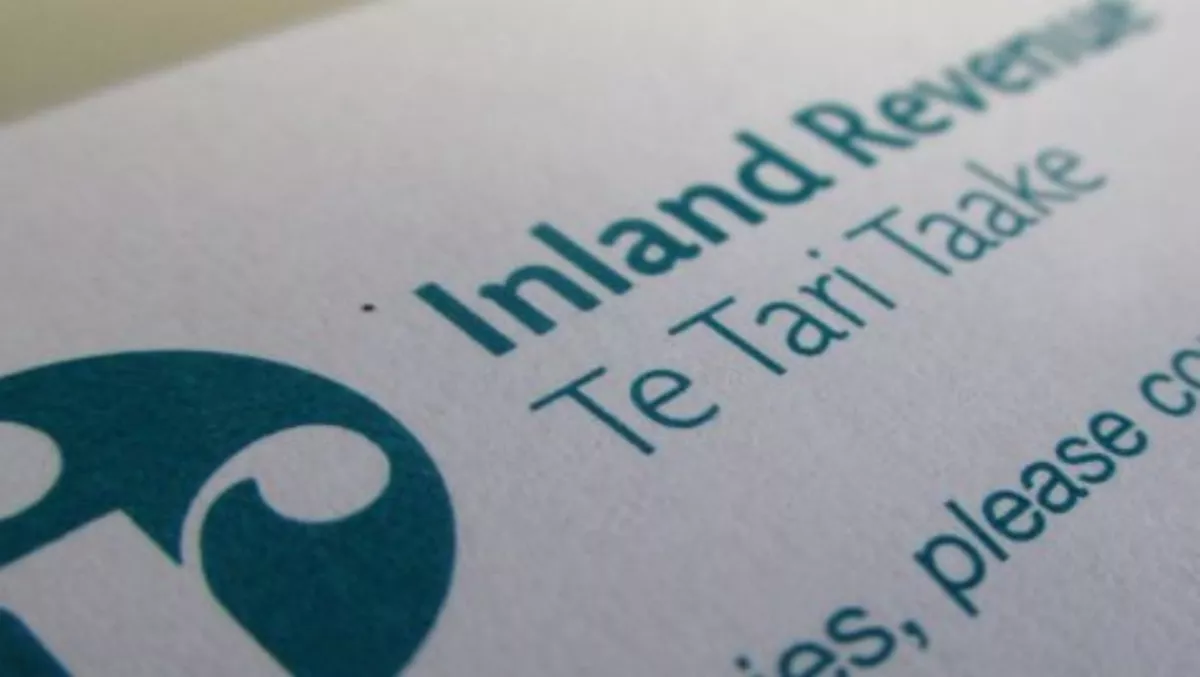
Govt warns Kiwis over 'most sophisticated' IRD email scam...
“Over the last few days I have been made aware of a number of people, including myself, who have received emails advising that they are eligible for a tax refund."
That's the worrying line coming out of Todd McClay's office, with the Revenue Minister warning New Zealanders to be wary of Inland Revenue email scams promising tax refunds.
"The email suggests they have been contacted by Inland Revenue,” McClay adds.
“An important point I wish to get across to New Zealanders is that Inland Revenue will never send you an email that asks you to provide personal information, or contains a direct link to a page to submit such information.”
“If you receive such an email it is not from Inland Revenue, do not open it. Simply delete the email.”
“Opening the email risks making your email address and other personal tax information available to scammers who will target you further.”
McClay warning comes less than two weeks after the Inland Revenue Department admitted to suffering from one of the most sophisticated attacks New Zealand has ever seen, with scammers using fake websites to steal personal information from unsuspecting Kiwis.
Believed to be coming from overseas, the attack has been branded as the most complex yet for government officials, who are currently working with the National Cyber Security Centre and New Zealand Police to combat the breaches.
According to McClay, Inland Revenue will never direct you to any website except www.ird.govt.nz.
“If you have received a suspicious email please forward the email you received to phishing@ird.govt.nz or contact Inland Revenue on 0800 227 774," he adds.
“Those that have replied to these scams and given money or personal details need to contact their bank or credit card provider immediately.
“It is important people are aware that these emails are out there, the need to be cautious, and what to do if they find themselves caught up in such a scam."

